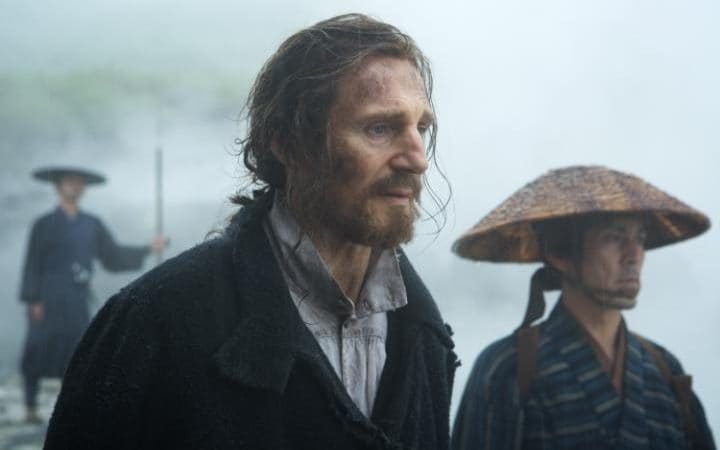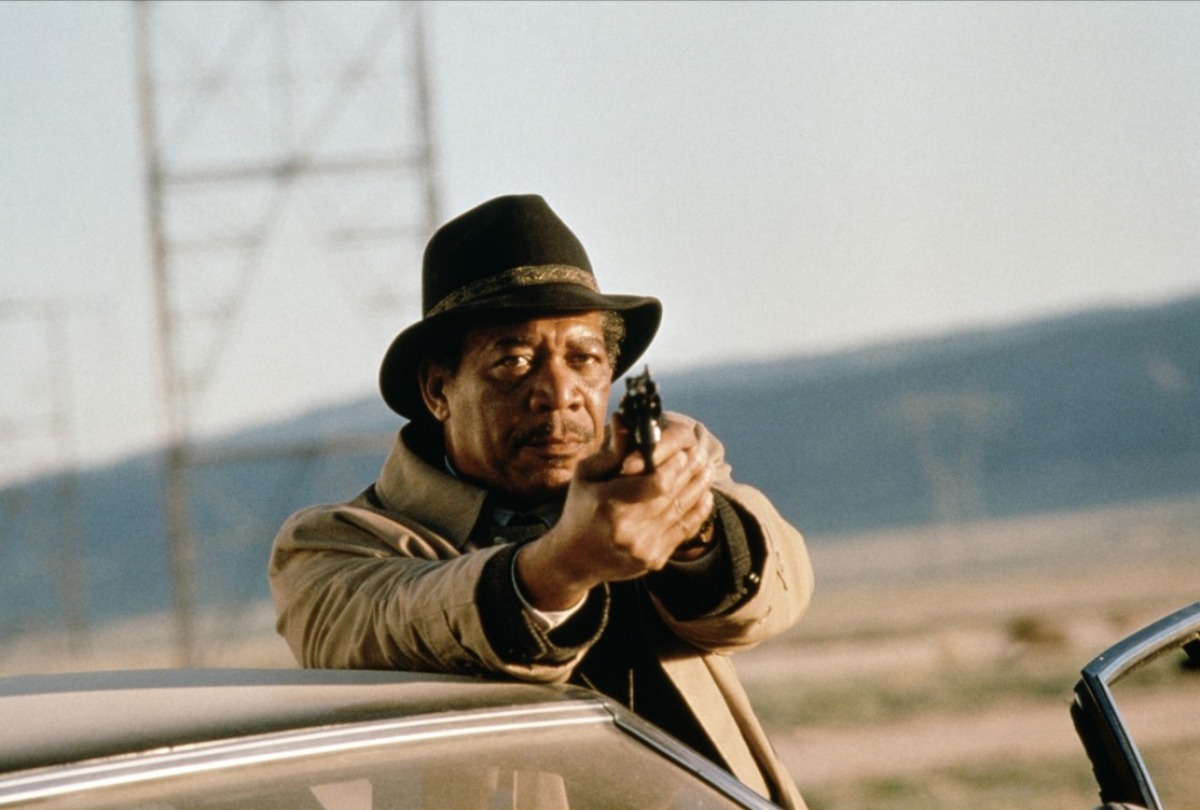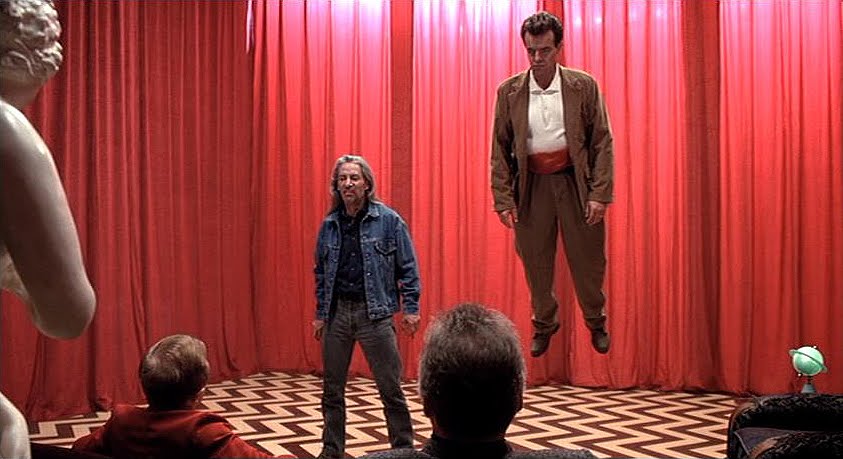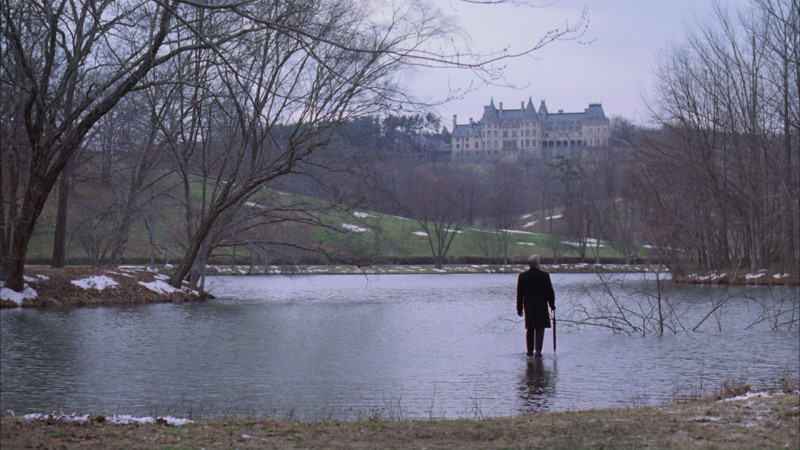
Films offer a fascinating way to welcome the shaking of a worldview; they have the potential to condense years or even lifetimes into just a few hours. Films can be subtly subversive, warmly reassuring, or ferociously anarchistic; but it takes a special film to influence a worldview effectively.
To hit its mark, a film must show a willingness to respect the opposing point of view it could potentially shake; it should also support its perspective by showing realistic actions with plausible results; finally, it should avoid relying solely on exploitation or gratuity in order to shock the systems of those who may disagree.
A worldview is a powerful thing, and it bestows psychological security on those living within its boundaries. Acting as a filter to the senses, it naturally rejects information that threatens to disrupt it, and accepts what tends to reinforce it. But it is how we handle challenging moments of doubt that determines the course of our personal growth. Is a worldview that cannot withstand adversity really healthy? One can spend a lifetime hiding from the slightest threat to a belief; but this is hard work, and can lead to a shriveled narrow-mindedness.
One can also choose to remain open to all of life, letting other opinions approach from every angle, and then repairing the cracks that reveal weaknesses in one’s structure. Being shaken is not equivalent to being broken, and a worldview tested by the tremors of differing perspectives can emerge stronger than one never tested.
The films in this list carry important messages with the potential to enhance the worldviews of those courageous enough to learn; some are hard-hitting and not meant for sensitive or young viewers, but they all have the potential to teach. Find one that makes you uncomfortable and tackle it!
15. L’Argent

First billing in this film should go to a piece of counterfeit money, for it is the real star and the impetus for the events which disrupt the lives of those through whose hands it passes. Described by one character as a “visible god,” money is shown as the powerful and potentially corrupting influence it is. The counterfeit idol which plays such a direct role in this story is no less powerful because it’s only a graven image of the original.
When a poor young husband and father is paid his wages with a fake bill originally printed by a spoiled rich kid denied his allowance, he little realizes the chaos his life will be plunged into. Robert Bresson directs in his trademark austere style, making no effort to conceal that the young father is the victim of forces outside his control, while never painting him as a saint or martyr either.
As the character’s life spirals out of control, so does his moral compass; but we understand all the while that without the effects of another person’s careless boredom, this young man would still be living a quiet and simple life with his family.
The innumerable threads of cause and effect that connect all people are so fine as to be invisible most of the time; but on occasion a thread toughens into a rope ready to trip, or even hang, a seemingly accidental passerby.
L’Argent (French for Money) asks and examines the tough questions about fate and destiny. As this particular pawn in the game of life is driven to desperation and, through it, potential salvation, Bresson wants the viewer to consider whether the powers acting on our lives are cruelly random, or perhaps the necessary catalyst for our growth and enlightenment.
14. Seven

Seven days. Seven sins. This is an undeniably dark journey into an always smoldering underworld that only reveals itself to the general public as an occasional flare in the news headlines. But to a pair of homicide detectives, these monstrosities are banalities.
One detective has seen it all, and spent his career in a city where the exaggerated evil of the crimes is matched only by the public’s apathy toward them. The other detective doesn’t need to see it all – he’s cracked a case, mastered the simple mind of the criminal pervert, and asked to be assigned to this city.
Despite the seemingly familiar plot points, this is a tale designed to upend the expectations of everyone, and the narrative shifts into overdrive suddenly and unexpectedly. The cynical veteran is forced to admit that he has not, in fact, seen it all, and the cocky rookie receives a first-hand lesson on the nature of evil from a true expert, with whom he discovers more in common than he ever dared imagine.
This film visually reminds the viewer that the arc of existence trends incontrovertibly toward decay. A room left untended does not grow cleaner or even remain in stasis; it must be cleaned today, and cleaned again tomorrow.
Seven endeavors to show that though the world can be as dark as the limits of human imagination, we have the choice to continually overcome that darkness with light, knowing that the effects will never be permanent.
This film asks and strives to answer two questions: is the world good and is it worth fighting for? The viewer will have to answer or re-answer each of these when the credits roll.
13. The Burmese Harp

“It is no measure of health to be well adjusted to a profoundly sick society.” One can imagine the great teacher Jiddu Krishnamurti giving this advice to Mizushima, the protagonist of this Japanese film, for this is the realization Mizushima makes on his path to enlightenment. While this story shows the atrocities of war, it is more than an anti-war screed (does not fighting against war make hypocrites of the opposition?); rather, it is advocating a more transcendent response to societal evils.
Mizushima is no coward; he has proven his bravery in battle, but circumstances have forced him apart from his unit. Narrowly escaping death, our hero along with his beloved harp begins the quest to rejoin his friends; but the death and destruction which line his path will change his life forever.
As Mizushima is confronted with corpse after corpse of once hopeful and promising young men, he feels compelled to give them proper burials. Losing himself in this higher purpose, he finds that the Buddhist ideals he is embracing could keep him separated from his comrades and his home until his work is done.
We are asked to consider: do enlightenment and integrity require removing oneself, psychologically or physically, from the corruptive influences of a society? Our friend, armed with his harp and song, will have to make a difficult decision.
12. Twin Peaks: Fire Walk with Me

Let’s remind ourselves that David Lynch and Mark Frost’s series Twin Peaks was always about the occult – not the cartoonish occult of witchcraft, spells, and devil worship, but the metaphysical occult of hidden laws and supernatural realities which shape every-day events. Each character in the town of Twin Peaks also had an occult side to their personal lives which was exposed as the narrative progressed.
This film, Fire Walk with Me, is a prequel to the television phenomenon, when prom queen Laura Palmer is still alive but traveling the heartbreaking path that will soon lead to her death and its subsequent investigation by the FBI.
This is heavy stuff, despite the occasional corny Lynchian touches that helped define and endear Twin Peaks to its cult following. Fire Walk with Me not only takes an unflinching look at the effects of evil, but also seeks to explain its nature and origin.
Suitable to the nature of the film medium, evil is here personified, and presented as a powerful influence that doesn’t lurk only on the outskirts of society, but can also embed itself among and within those we love, changing them grotesquely.
In showing evil this way, the film wants the viewer to recognize and respect the power of dark forces in the world, and jealously protect the innocence and purity of heart which are its only antidotes.
We grow to love Laura Palmer and the person she could have become; our hearts break during her life’s descent into chaos; we loathe the bad influences which lead her astray; and we rejoice when she finds deliverance and joy, though they come through her death. Twin Peaks: Fire Walk with Me begs us to live carefully and intentionally.
11. Abre Los Ojos

César is a pleasure-seeking, self-serving young man with the arrogance needed to run roughshod over the lives of others, and the wealth required to fund his escapades. But when one of the victims of César’s selfish behavior reacts violently to his treatment of her, César’s face becomes horribly disfigured in the resulting accident and he is plunged into despair. But in time the beautiful and mysterious Sofia, whom he met the night before his accident, returns his affections despite his disfigurement, and he even is able to undergo reconstructive surgery to restore his good looks.
Then, he opens his eyes, and none of it is true: his face is still disfigured, and Sofía is still a girl he met only once. But the complications are just beginning. Each time he wakes, his reality is shattered anew; faces and events morph into each other, and César, totally unable to distinguish his dreams from reality, commits an unthinkable crime which creates a new nightmare far more terrifying than any which came before.
Abre Los Ojos (Spanish for Open Your Eyes) tackles both the science and the psyche of dreams, reality, life, and death. Dreams are complex and unpredictable, but a master of lucid dreaming is able to take control of the dream, and begin directing it and its characters as he or she desires; but with this power comes the responsibility to keep a firm grip, as the slightest lapse could turn the dream against the dreamer and into a nightmare.
Without offering an easy explanation for the nature of existence, this film suggests that our lives could be both more complex, and more under our control, than we ever dreamed. The actions that we perform today are literally creating our future realities, and the moral weight of our decisions must be taken seriously once we’ve opened our eyes to life.
10. Before the Devil Knows You’re Dead

A wild animal backed into a corner is especially dangerous; this film is full of desperate humans backed into corners. The longer saying of which the title is a part reads “May you be in heaven half an hour before the devil knows you’re dead”; most of these characters will be hoping for this slim chance to claim sanctuary before justice comes for them.
Two brothers, severely in need of money, plan the robbery of their parents’ jewelry store, convinced that they can pull it off easily and harmlessly. But when the crime goes horribly awry, an unbelievably complex thread of events emerge which both led to and resulted from their actions.
Directing his final film, Sidney Lumet masterfully uncovers these interwoven chains of cause and effect. Not only does he display the chaos resulting from the foolish decisions made, he also points out the bad choices which led to such desperation in the first place.
The family at the center of the story spirals into complete dysfunction after the attempted robbery; the violence and betrayals they suffer at each other’s hands are shocking, and yet perfectly believable if one has ever watched the evening news. This film is a cautionary tale of the immorality to which people can sink when pushed into a corner; but its purpose is also to show that many of our troubles are caused by our own actions and can be avoided.
9. Being There

“Live in the moment” has become a hackneyed mantra, but like many clichés it stems from something poignant. Chance, the seemingly simple-minded protagonist, embodies this mantra. We assume that his living in the moment is a product of his simplicity rather than intent, but we’re never told for sure, and the film shows us that it doesn’t matter.
Having spent his entire life cloistered in a large house and cared for by an unnamed patron, Chance knows nothing about the world besides what he has seen on TV; when “the old man” dies, he is suddenly thrust out of the house and into Washington, D.C. as a middle-aged man, on his own. The wildly unpredictable events that follow are a beautiful blend of comedy, shrewd social commentary, and touching sincerity, as Chance unexpectedly finds himself in the company of world movers and king makers.
What Chance encounters is a world full of people who view his quiet social ineptness as supreme confidence, his inability to discuss complex matters as silent assent to their own opinions, and his refusal to either flatter or compete as veiled threats to the power they possess. The reactions of modern society to a person living without plans and schemes are hilarious and heartbreaking, but most importantly they are frighteningly accurate, revealing the biases of those who react.
The message of Being There is clear: ambition, greed, and pride are crippling factors that limit goodness and genuine relationships. Is Chance an intentional saint or a fortunate idiot – and does it matter? Form your own opinion while watching Peter Sellers in one of his final roles in this brilliant examination of society and self-interest.